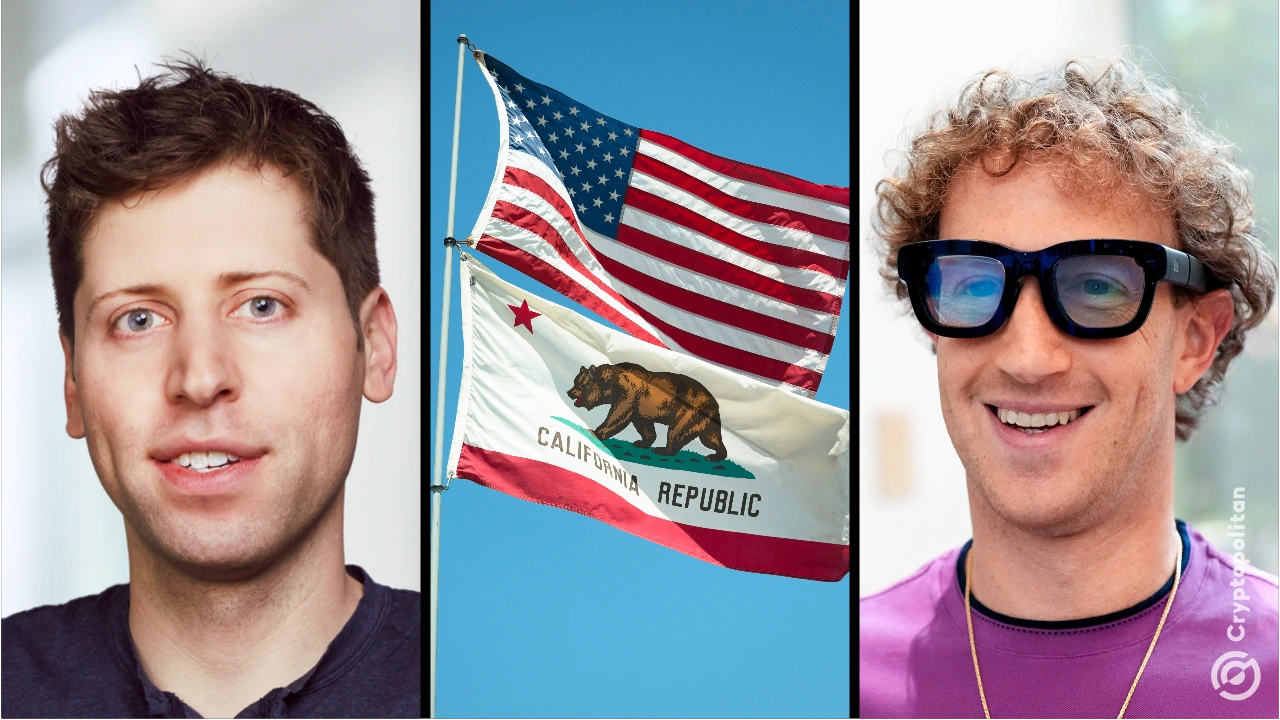In a pivotal discussion at the ongoing 2024 SCOPE Summit, two representatives from the US Food and Drug Administration (FDA) illuminate the agency’s pivotal role in advancing drug development through the combination of artificial intelligence (AI) and machine learning (ML). Amidst the evolving landscape of clinical trial strategies and operations, the FDA’s commitment to harnessing the potential of AI stands as a beacon of innovation, albeit with acknowledged challenges and a strategic roadmap for navigating regulatory complexities.
FDA’s proactive stance at the SCOPE summit
At the 2024 SCOPE Summit, an esteemed gathering of professionals in the clinical trial domain, FDA representatives underscored the pivotal role of AI and ML in revolutionizing drug development paradigms. Marsha Samson, a key figure within the CDER office specializing in AI and ML, elucidated the hesitancy among trial sponsors in fully embracing AI-driven methodologies. Addressing concerns voiced by stakeholders, Samson emphasized the FDA’s proactive stance in providing guidance and support to ensure compliance with evolving regulatory frameworks.
Samson highlighted the collaborative efforts between the FDA and trial sponsors, emphasizing the importance of open communication channels for navigating regulatory uncertainties. By fostering dialogue and offering tailored guidance, the FDA seeks to empower stakeholders to leverage AI and ML effectively while upholding the highest standards of safety and efficacy.
Navigating regulatory challenges and facilitating compliance
Despite the transformative potential of AI in optimizing clinical trials, concerns regarding regulatory acceptance have impeded widespread adoption. Samson elucidated the FDA’s concerted efforts to allay such apprehensions, citing the establishment of dedicated channels for trial sponsors to seek guidance and validation. With the release of comprehensive guidance on AI and ML for drug development in May 2023, coupled with ongoing dialogue facilitated through discussion papers, the FDA is poised to streamline the integration of advanced technologies into the regulatory framework.
Samson emphasized the iterative nature of regulatory guidance, acknowledging the need for continuous refinement to keep pace with technological advancements and evolving industry practices. By fostering a culture of collaboration and feedback, the FDA aims to create a supportive ecosystem conducive to innovation while safeguarding patient welfare.
Explosive growth in AI investment fuels pharmaceutical innovation
Against the backdrop of accelerating drug development propelled by technological advancements, the pharmaceutical industry is witnessing a paradigm shift towards precision medicine. Kevin Bugin, deputy director of operations for CDER, underscored the transformative impact of AI in transcending symptomatic treatments to target underlying diseases. As per GlobalData analysis, the market for AI in pharma is poised to triple in value from $1.5bn in 2019 to $4.3bn in 2024, signaling a profound shift in research and development paradigms.
Bugin further highlighted the unprecedented opportunities presented by AI-driven drug discovery, enabling researchers to unlock novel therapeutic targets and expedite the development of life-saving treatments. With a projected increase in AI spending for drug discovery reaching $3.3bn by 2025, the pharmaceutical industry stands at the cusp of a transformative era characterized by unprecedented innovation and therapeutic breakthroughs.
FDA’s role in shaping future drug development
As the pharmaceutical landscape evolves with the infusion of AI and ML, pivotal questions arise regarding the balance between innovation and regulatory rigor. How will the FDA navigate the dynamic interplay between technological advancements and patient safety to expedite the delivery of novel therapies? As stakeholders converge to shape the future of drug development, the FDA’s commitment to fostering innovation while ensuring compliance remains paramount in driving transformative change.
The FDA’s proactive stance at the 2024 SCOPE Summit underscores its dedication to harnessing the potential of AI and ML in revolutionizing drug development paradigms. With collaborative efforts between regulatory authorities and industry stakeholders, the path forward promises to be marked by innovation, efficiency, and, above all, patient-centricity. As the pharmaceutical landscape continues to evolve, the FDA’s role as a facilitator of technological advancement will be instrumental in shaping the future of healthcare delivery.





